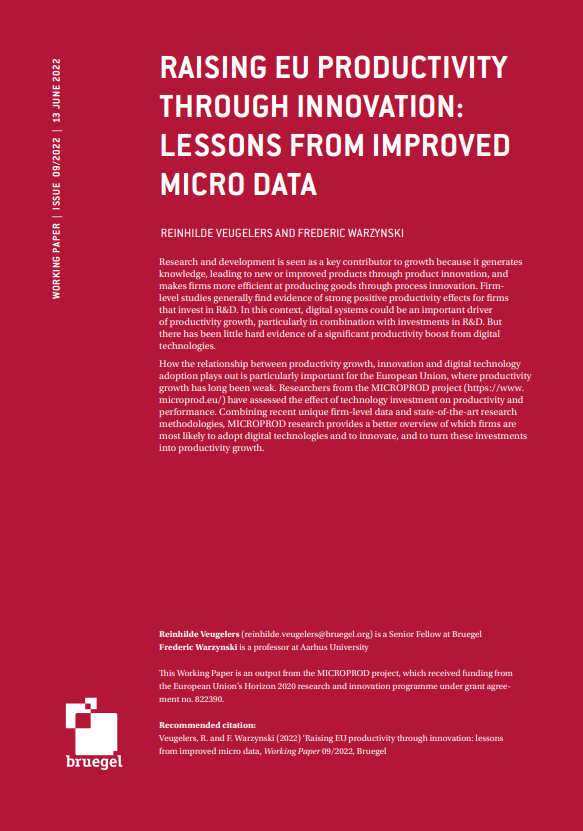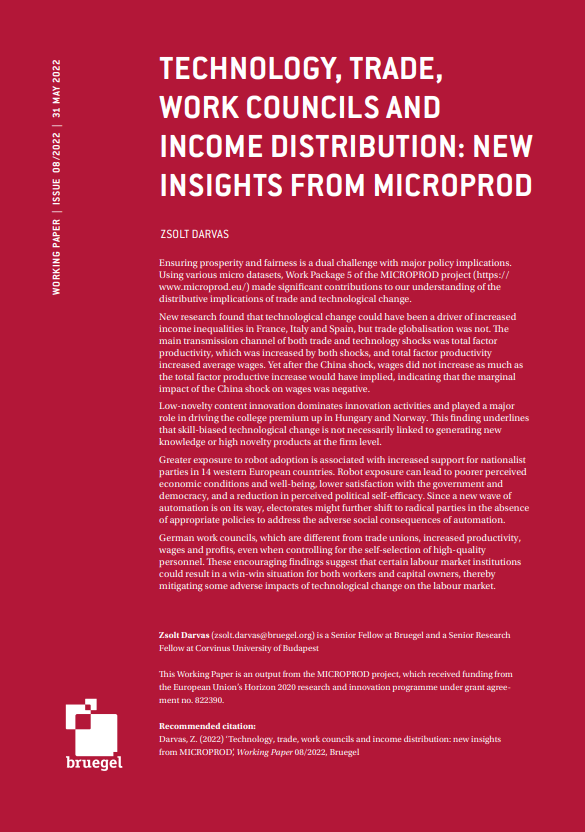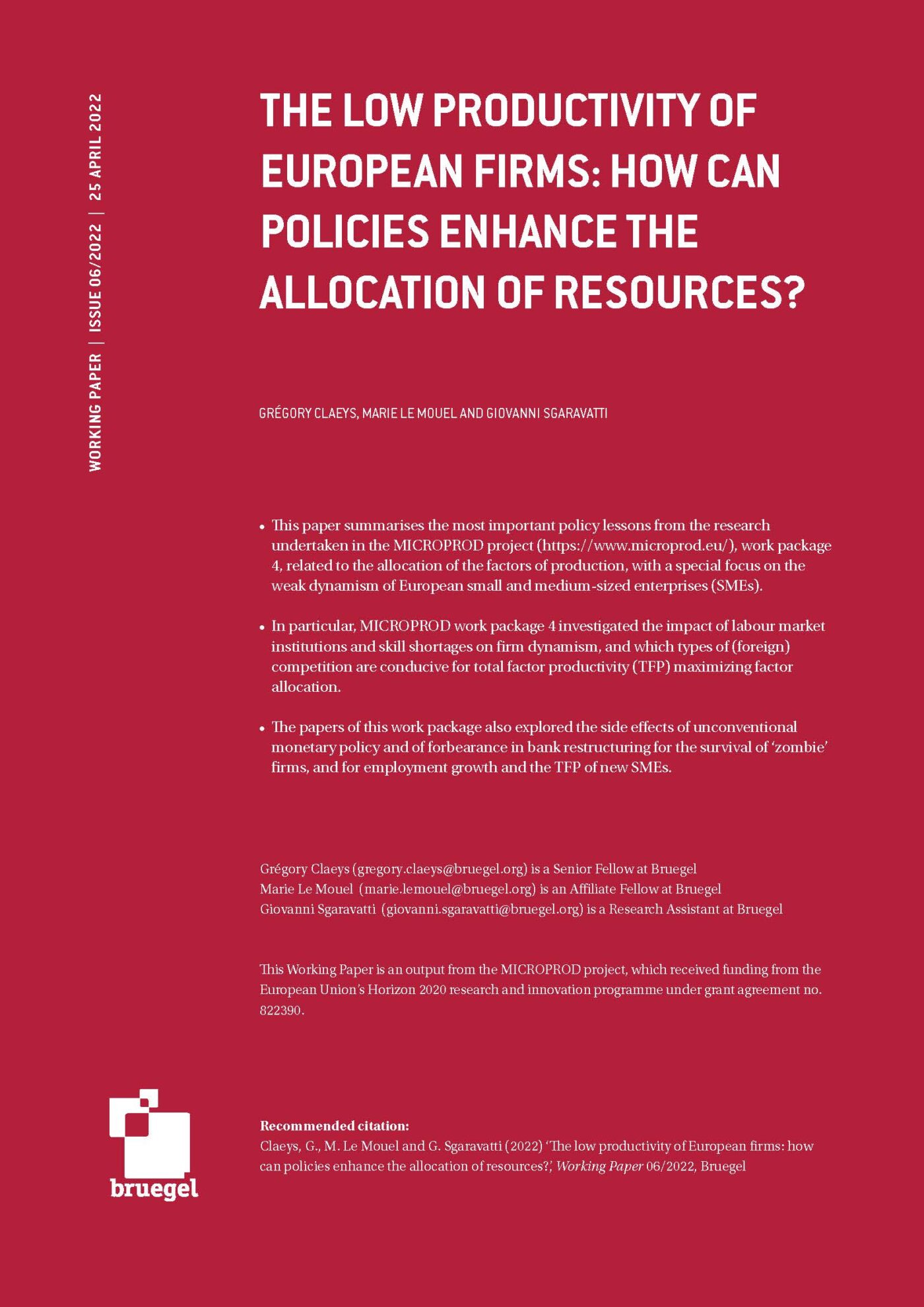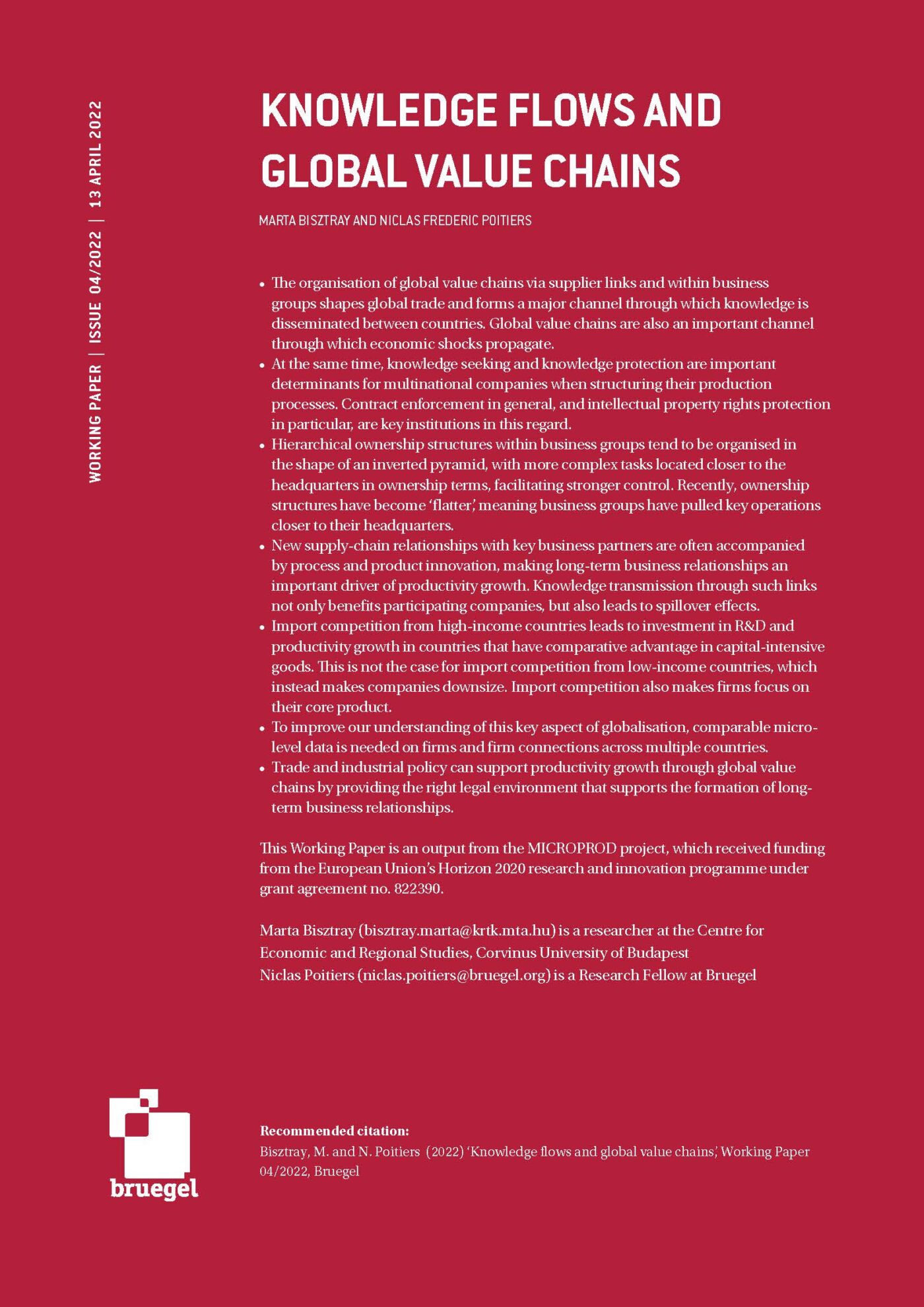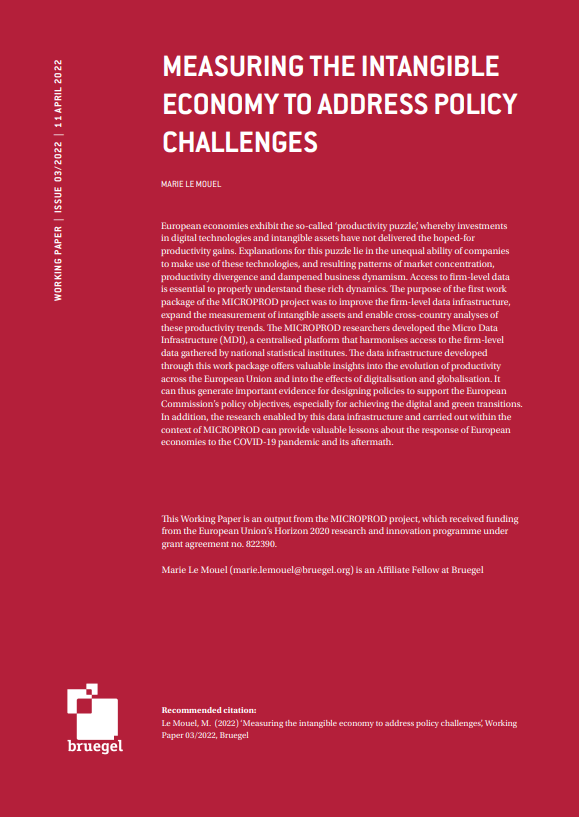Past Event
Issues in productivity measurement
This Bruegel public event is organised in the framework of MICROPROD, a research project that aims to improve our understanding of productivity, its drivers and the way we measure it. Panellists and participants will take stock of the current challenges in productivity measurement, discuss the preliminary findings of the project and reflect on future research and policy priorities.
This Bruegel public event was organised in the framework of MICROPROD, a research project that aims to improve our understanding of productivity, its drivers and the way we measure it. It is the first of three policy dialogues we will hold over the next two years.
Video and audio RECORDINGS
EVENT MATERIALS
Presentation by Filippo di Mauro
The ‘productivity paradox’ can be summarized by the fact that while European productivity growth is expected to be on the rise, boosted by technological advances, the global integration of firms, the rise of intangible assets, and other factors, the opposite trend is actually being observed in the data, with productivity growth having slowed down dramatically over the course of the past decade. This poses two fundamental questions. First, are we measuring productivity correctly? Second, what are the new drivers of productivity, especially in the context of the digital transformation?
Bruegel’s Deputy Director Maria Demertzis chaired a panel to discuss some of these issues related to productivity measurement, composed of Peter Bøegh Nielsen, Senior Adviser of Statistics Denmark, Alexandr Hobza, Head of Unit at the European Commission’s DG ECFIN, Lynda Sanderson, Economist at the OECD’s Science, Technology and Industry Division, and Filippo di Mauro, Work Package Leader in MICROPROD and Chairman of CompNet.
Filippo di Mauro kicked off the discussion by presenting some stylized facts related to the productivity paradox and the motivation behind the study of productivity. He noted the growing divergence in productivity growth between frontier firms and laggard firms, explaining that it is not well understood why technological progress is not spreading evenly between these firms. He concluded that there was a strong need for more and better data to understand these mechanisms, which is the aim of MICROPROD, a project launched by the European Commission to link and harmonize existing national Business Statistics Databases.
Lynda Sanderson responded to this by underlining the major challenges of creating comparable cross-country micro-level data, citing the differences in data coverage, variable availability and definitions, as well as issues with country-specific confidentiality restrictions. She discussed her own experience working on productivity data from New Zealand as well as on the OECD’s DynEmp and MultiProd projects.
Alexandr Hobza talked about the need for these types of data-driven projects in the context of policymaking. Based on the current stock of knowledge on productivity, there are no certain policy conclusions to break free from the productivity paradox, especially because of the major changes brought on by technological progress. As such, experimental projects like MultiProd and MICROPROD are essential to working at the frontier of scientific knowledge and improving policy.
Peter Nielsen described some EU legislation which already harmonizes European business statistics by outlining common definitions and measurements. However, the data which are currently available are aggregated, forcing the assumption of industry homogeneity. However, with newly available firm-level data, developed by projects such as MICROPROD, studying specific firm characteristics in relation to productivity will be far easier.
The panel then discussed ways in which to include intangible assets in productivity measurements and whether this could help explain the productivity paradox. Finally, they answered questions from the audience about ways in which to include measures of firm-specific human capital investment, setting European-wide standards for data measurements, characteristics of the MICROPROD database and how to create an indicator which could measure the integration of firms in Global Value Chains.
Notes by Aliénor Cameron
Schedule
12:00-13:00
Check-in and networking lunch
13:00-13:05
Opening remarks
Maria Demertzis, Interim Director
13:05-13:15
Presentation of MICROPROD’s work on Firm-level Data and Productivity Measurement
Filippo di Mauro, Work Package Leader in MICROPROD and Chairman of CompNet
13:15-13:45
Panel discussion
Chair: Maria Demertzis, Interim Director
Peter Bøegh Nielsen, Senior advisor, Statistics Denmark
Alexandr Hobza, Head of Unit, European Commission, DG ECFIN
Lynda Sanderson, Economist; Science, Technology and Industry Division, OECD
13:45-14:30
Q&A and Discussion with the audience
14:30
End
Speakers

Maria Demertzis
Interim Director

Filippo di Mauro
Work Package Leader in MICROPROD and Chairman of CompNet
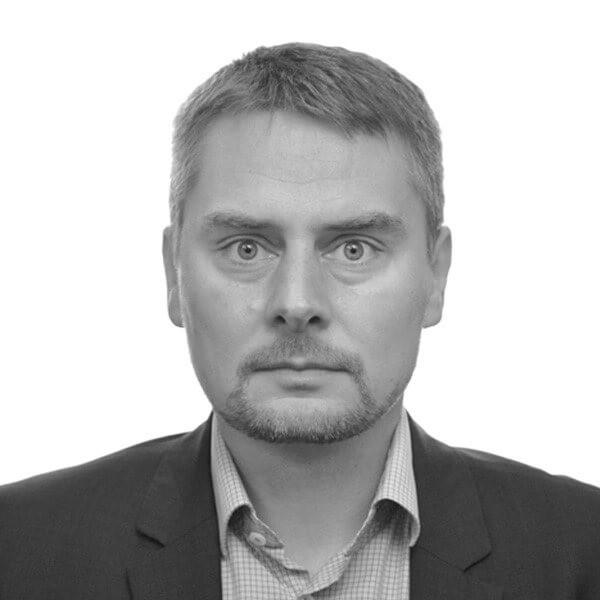
Alexandr Hobza
Head of Unit, European Commission, DG ECFIN
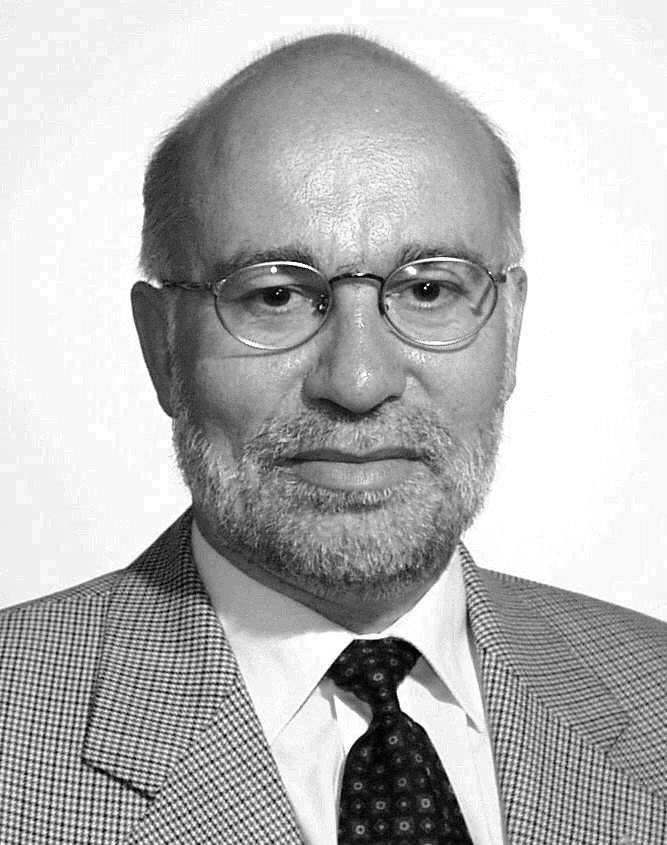
Peter Bøegh Nielsen
Senior advisor, Statistics Denmark

Lynda Sanderson
Economist; Science, Technology and Industry Division, OECD
Location & Contact
Katja Knezevic
[email protected]

